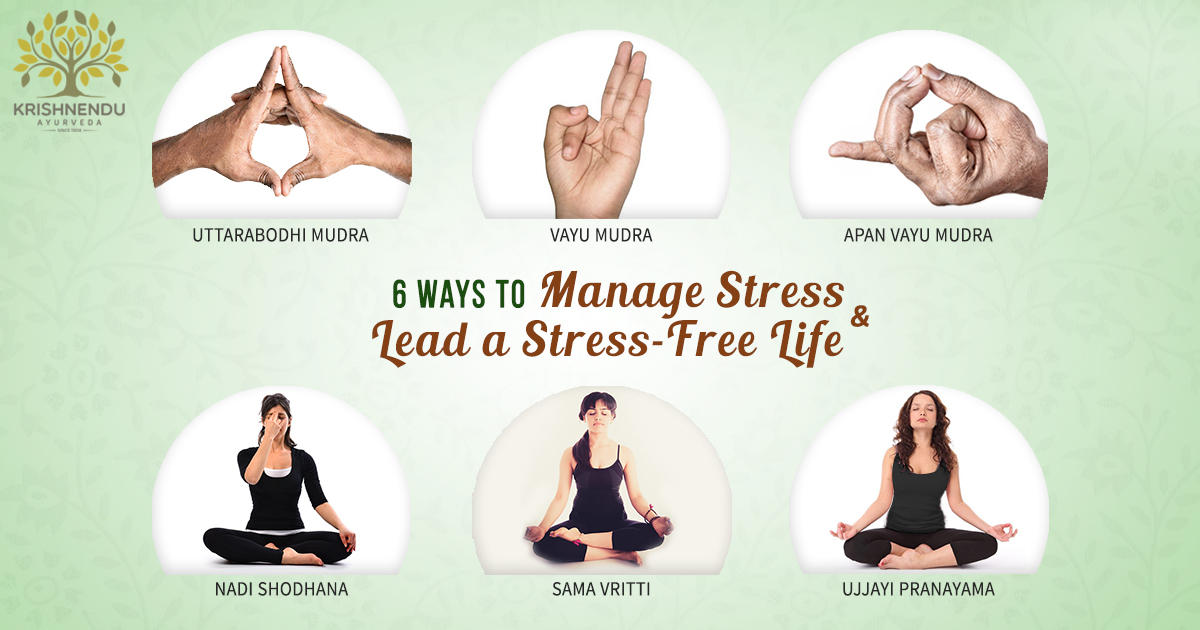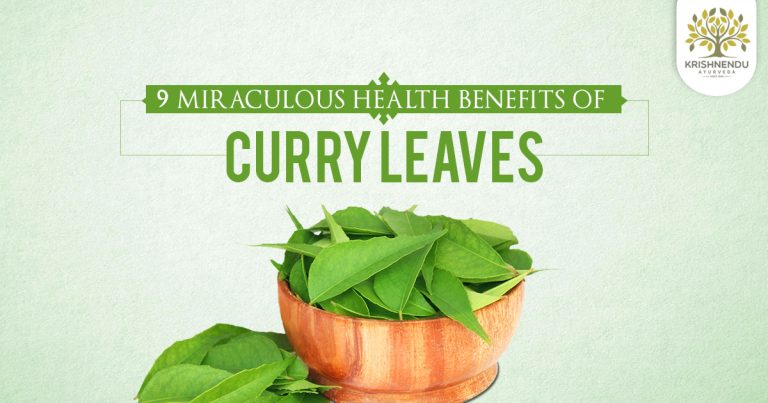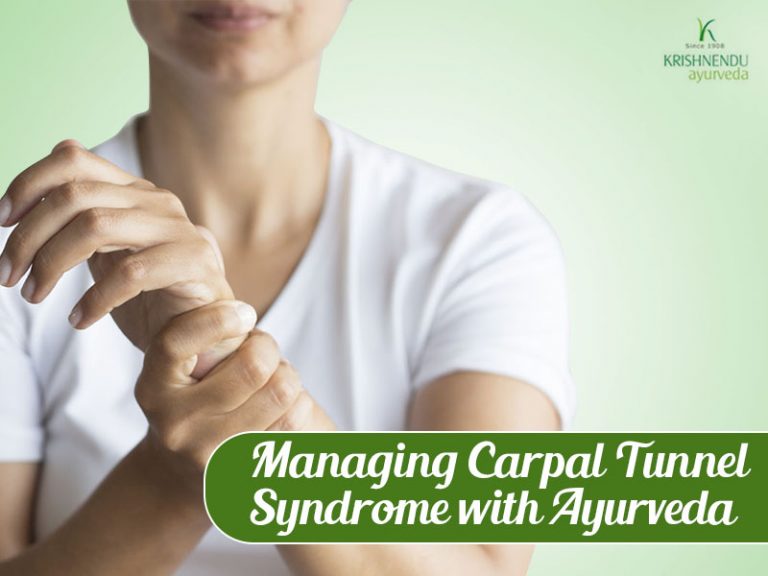Does stress leave you anxious, preventing you from getting things done properly? Does it keep you up at night? Does it trigger other health problems?
Leading a modern lifestyle demands a hectic schedule, be it for work or personal life, and we have become victims to stress and anxiety. In such situations our adrenal glands are fatigued and are overworked leading to other conditions like digestion problems, irritability, lowered immune functioning, exhaustion, weight gain or loss, etc.
Stress, in Ayurveda, is related to the imbalance of Vata, Pitta and Kapha doshas. Maintaining a harmony among these doshas will steer clear all related symptoms of stress and anxiety.
How do you achieve it? With regular practice of the below mentioned mudras and pranayamas, one can stay calm, relaxed and manage stress anytime at any place.
- Vayu Mudra
Sit comfortably with your shoulders up, neck in a neutral posture and spine straight up. Bend your index finger downward until it touches your palm just below the thumb. Next, gently press the back of the index finger using the base of your thumb. Make sure that all the other fingers remain straight. Breathe in deeply for 2 seconds. Hold for 8 seconds and exhale slowly. Practice this with both hands simultaneously for 10 minutes daily in order to quickly relieve from stress.
- Uttarabodhi Mudra
Hold the hands in front of the solar plexus and interlock your fingers while the index fingers and thumbs of both hands join together. Point the index finger to the ceiling and thumbs to the floor. This mudra is beneficial to calm an agitated mind and to soothe the nerves helping you in problem-solving and decision-making with ease.
- Apan Vayu Mudra
Fold the index finger to touch the tip of the base of thumb. The little finger remains pointed forward and straight while the tips of the thumb, middle finger and ring finger touch each other. Folding the index finger helps in pain relief and relaxes the body and mind. Practice Apan Vayu Mudra daily for 30 to 45 minutes either by performing it in three sessions or doing all at once. Those with kapha dosha should practice this mudra in a moderate level.
- Sama Vritti
Sit in a cross-legged position with your eyes closed. Notice your natural breath and give yourself a good five breaths. Slowly count to four as you inhale and repeat the same while you exhale. Continue this pattern for 5 to 10 minutes. Sama Vritti focuses on “equal” breaths wherein the amount of inhalation equals exhalation facilitated by mental count to ensure evenness. This pranayama generally helps in soothing and calming the mind to relieve from stress.
- Nadi Shodhana (Alternate-Nostril Breath)
Sit in a quiet place and breathe into each nostril separately by plugging one nostril and breathing through the opposite nostril. Then, plug your right nostril and exhale through the left. Practice this pranayama technique for at least 15 minutes daily to reduce stress and anxiety, calm and rejuvenate nervous system and help balance hormones.
- Ujjayi Pranayama
Sit in a comfortable position with your eyes closed gently and jawline relaxed. Inhale and exhale deeply while feeling the air pass through your wind pipe. Inhale deeply through your nose and exhale slowly while constricting the muscles at the back of your throat. Focus on the sound of your breath and notice that the inhalations are completely filling your lungs. To get a hold on this, place your hand in front of your mouth and imagine the palm as a mirror. Keeping your mouth closed, inhale and exhale as though you are fogging up your palm. Now, you might hear an ocean-like sound caused due to the constriction of the back of your throat. This is called as your Ujjayi breath. Start practicing this pranayama for 5 minutes and extend it to 15 minutes once you are familiar doing it. It is recommended for managing conditions like depression, anxiety and stress and it also calms and soothes the nervous system.





